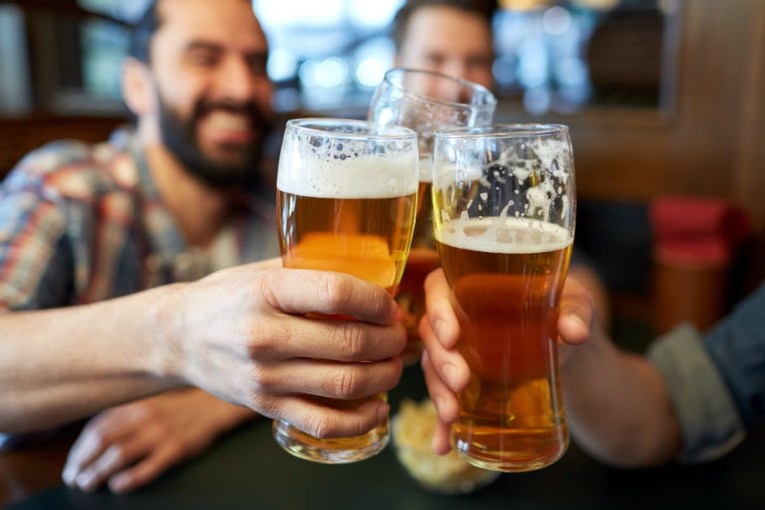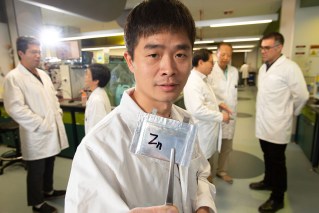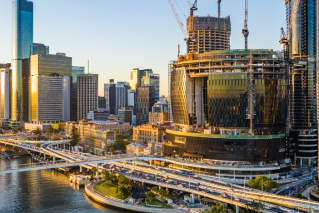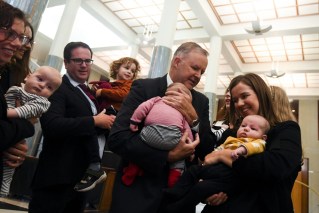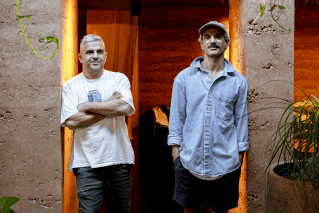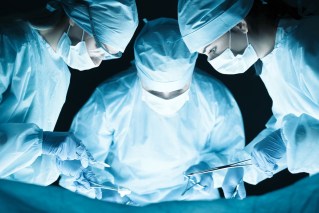How our disease detectives untangle the mystery of community infections
Contact tracers play a critical role in preventing the spread of COVID-19 in communities — but what’s involved in being a disease detective?
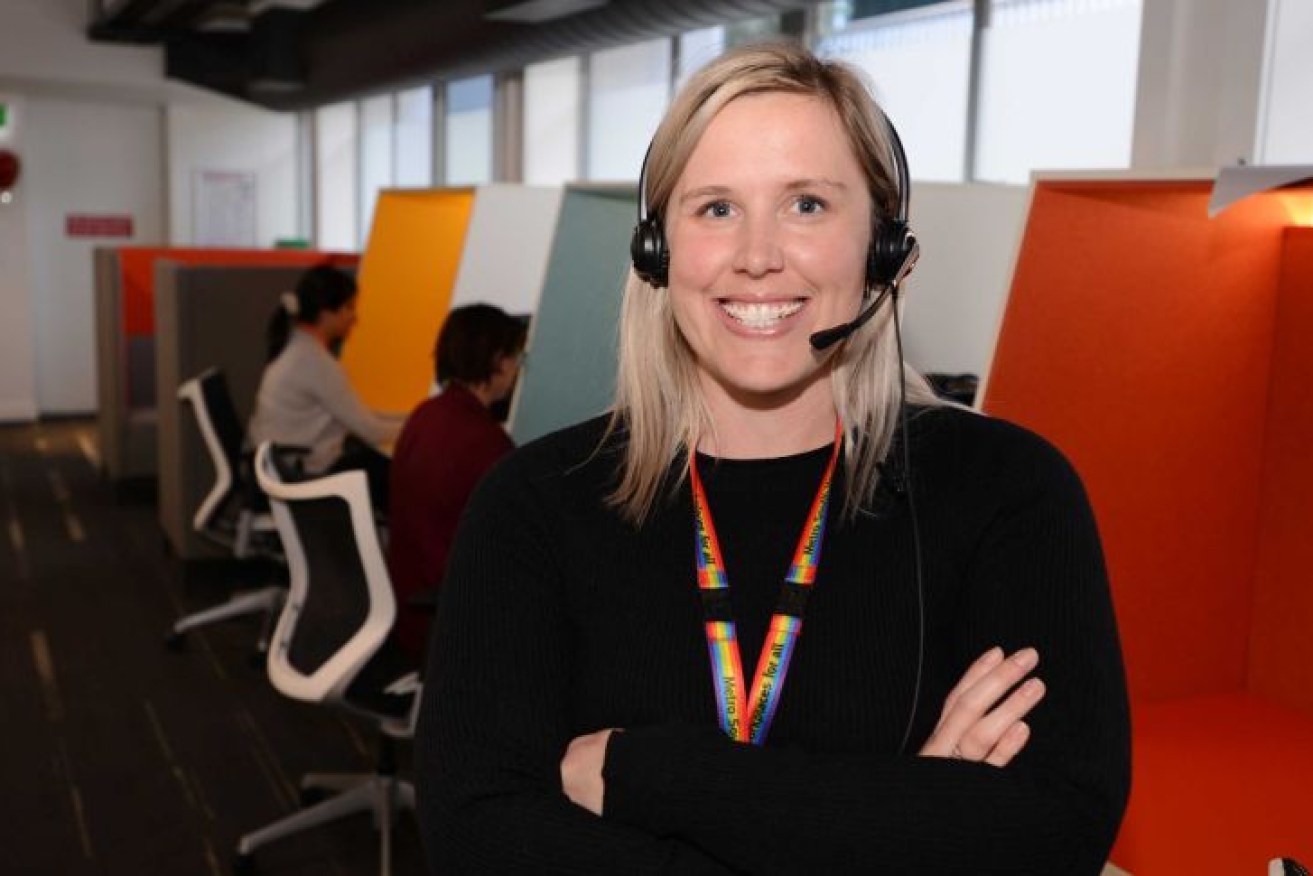
As well as identifying close contacts, contract tracers like Greta Beaverson can help connect people with support services. (Photo: Supplied: Metro South Public Health Unit)
“It can get quite complicated,” public health physician Dr Kari Jarvinen told ABC Radio Brisbane.
Before COVID-19, teams like Jarvinen’s, at the Metro South Public Health Unit in Brisbane, were kept busy contacting people following measles outbreaks and instances of food poisoning.
Contact tracing teams are often made up of health workers who have received specific training and registration.
“We aren’t wearing the masks, the gloves and the yellow gowns,” nurse Greta Beaverson said.
“But we are behind the phone playing an integral part in the fight against COVID-19.”
Once they receive notification of a positive case, it’s all systems go.
“Our contact tracers … will get on the phone and call the person, asking a standard list of questions making sure they’re OK and particularly focusing on where did their symptoms begin,” Jarvinen said.

Dr Jarvinen is part of a team of contact tracers at the Metro South Public Health Unit in Brisbane. (Photo: Supplied: Metro South Public Health Unit)
They will then work back with the person to map their movements from 48 hours before symptoms began, to the present day.
“We try to use all means possible: have you got a diary, have you got any shopping tickets, check your credit card account.”
Tangled web
Jarvinen said the process could be a very complex and lengthy, and interviews sometimes involved interpreters.
Then the information must be cross-checked.
“If they’ve been to the doctors, we need to call the doctors,” Jarvinen said.
“Often they will try to check the CCTV footage to really check how long they were there, were there other people in the waiting room.”
Once the team has established where a person has been, it’s time to get in touch with people they were around to establish whether they are close contacts or casual contacts.
After someone has received a call confirming they have tested positive, compliance teams will issue legal directives telling that person to isolate, and that penalties will apply if they don’t.
The call no-one wants to receive
No one likes being the bearer of bad news, but for contact tracers, it is part of the job.
“For some cases, we are the first to confirm their diagnosis of the virus, so we deal with a mix of emotions each day,” Beaverson said.
“You never know what your day is going to look like and whether a confirmed case has five contacts or 30, or if they expected this result, or they are in complete shock at being told they are positive.
“The welfare of the other person at the end of the phone line is most important, so we try to assist them to calm down.”
If a person being contacted needs support, contact tracers can connect people with social workers and other services.
Dr Jarvinen said most people were able to recover from home, but contact tracers would call an ambulance for anyone at risk.
Helping to make the job easier
If you have symptoms, get tested and stay home.
“That’s the best way we can pick up any new cases as quickly as possible, Dr Jarvinen said.
“They’ll be notified and we’ll get onto it.”
He repeated the advice health authorities have been hammering home since the beginning.
“Do the basic things,” he said.
“Maintain social distancing, wash your hands.”
– ABC / Edwina Seselja
